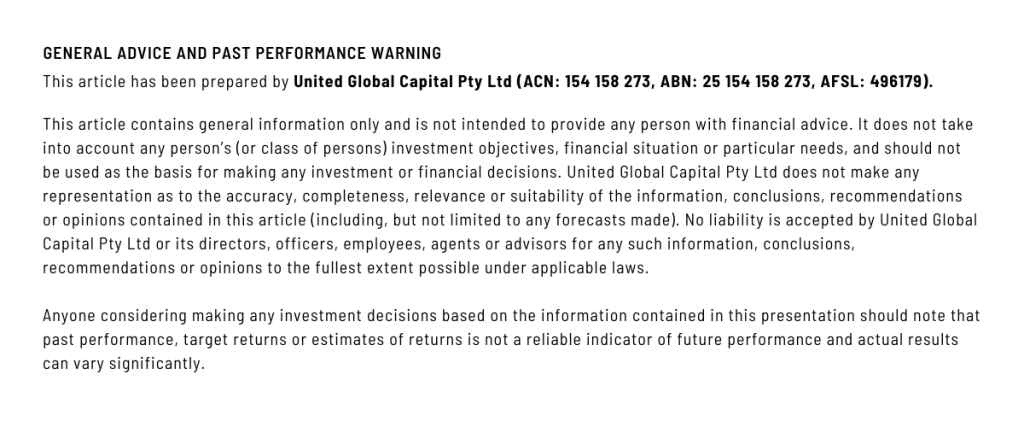Is Refinancing the Right Move for You?
If you’re a homeowner with a mortgage, you’ve probably come across the term ‘refinancing.’ But what exactly does it mean, and why would you consider it?
In this article, we’ll delve into the world of refinancing, exploring its benefits, potential drawbacks, and when it might be the right option for you.

Understanding Refinancing
Refinancing is the process of evaluating your existing mortgage and, if suitable, transferring it to a different lender that better aligns with your current financial goals and circumstances. This financial manoeuvre can offer several advantages, including debt consolidation, accelerated mortgage repayment, and tapping into your home’s equity without selling it.
1. Consolidating Debts or Paying Down Your Mortgage
One compelling reason to refinance is debt consolidation. By combining multiple high-interest debts into a single, lower-rate mortgage, you can streamline your finances and potentially reduce your overall interest costs.
Additionally, refinancing allows you to accelerate your mortgage payoff. By switching to a shorter loan term or securing a lower interest rate, you can save a significant amount of money over the life of your loan.
2. Accessing Home Equity
Another common motivation for refinancing is accessing the equity in your home. Equity represents the portion of your home’s value that you own outright after deducting any outstanding loans or expenses. Refinancing can enable you to access this equity for various purposes, such as home renovations or real estate investments, without the need to sell your property.

Is Refinancing Right for You?
While refinancing can be advantageous, it’s not a one-size-fits-all solution. Several factors should guide your decision:
1. Consult a Professional
Before embarking on the refinancing journey, consult a financial professional, such as a mortgage broker. They will assess your unique needs, financial situation, and objectives, especially if you own multiple properties.
2. Interest Rate Reduction
If your primary goal is to reduce your interest expenses, refinancing might make sense. Lowering your interest rate can lead to substantial long-term savings. However, it’s crucial to consider your current loan terms, repayment schedule, and financial standing.
3. Loan Type Modification
Changing your loan type can be a risky move, especially if it results in paying Lender’s Mortgage Insurance (LMI) again due to exceeding 80% of your property’s value. Carefully evaluate whether the potential benefits outweigh the costs.
4. Broker vs. Lender
Working with a mortgage broker can be advantageous. Brokers have access to a wide array of loan options from various lenders, allowing them to find the best match for your needs.
5. Consider Fees and Features
When refinancing, be mindful of exit fees and ensure that the new loan offers the features you value. Sometimes, your existing loan may have unique benefits that are worth preserving.
Refinancing can be a smart financial move under the right circumstances. To determine if it’s the right path for you, consult a professional, assess your goals, and carefully evaluate the potential savings and costs. By doing so, you can make an informed decision that aligns with your financial well-being.
If you’re considering refinancing your mortgage or have questions about your financial options, don’t hesitate to contact us. At United Global Capital we provide personalised guidance and can help you make the best decision for your unique circumstances.

